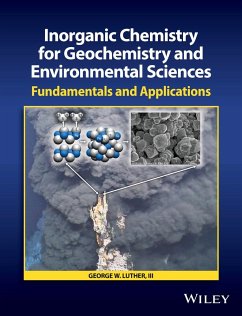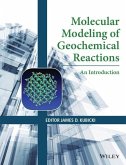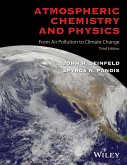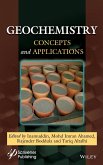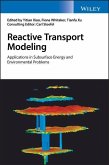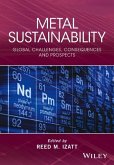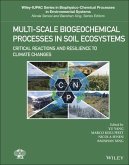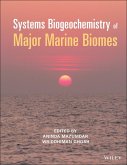Inorganic Chemistry for Geochemistry and Environmental Sciences: Fundamentals and Applications discusses the structure, bonding and reactivity of molecules and solids of environmental interest, bringing the reactivity of non-metals and metals to inorganic chemists, geochemists and environmental chemists from diverse fields. Understanding the principles of inorganic chemistry including chemical bonding, frontier molecular orbital theory, electron transfer processes, formation of (nano) particles, transition metal-ligand complexes, metal catalysis and more are essential to describe earth processes over time scales ranging from 1 nanosec to 1 Gigayr.
Throughout the book, fundamental chemical principles are illustrated with relevant examples from geochemistry, environmental and marine chemistry, allowing students to better understand environmental and geochemical processes at the molecular level.
Topics covered include:
_ Thermodynamics and kinetics of redox reactions
_ Atomic structure
_ Symmetry
_ Covalent bonding, and bonding in solids and nanoparticles
_ Frontier Molecular Orbital Theory
_ Acids and bases
_ Basics of transition metal chemistry including
_ Chemical reactivity of materials of geochemical and environmental interest
Supplementary material is provided online, including PowerPoint slides, problem sets and solutions.
Inorganic Chemistry for Geochemistry and Environmental Sciences is a rapid assimilation textbook for those studying and working in areas of geochemistry, inorganic chemistry and environmental chemistry, wishing to enhance their understanding of environmental processes from the molecular level to the global level.
Hinweis: Dieser Artikel kann nur an eine deutsche Lieferadresse ausgeliefert werden.
Throughout the book, fundamental chemical principles are illustrated with relevant examples from geochemistry, environmental and marine chemistry, allowing students to better understand environmental and geochemical processes at the molecular level.
Topics covered include:
_ Thermodynamics and kinetics of redox reactions
_ Atomic structure
_ Symmetry
_ Covalent bonding, and bonding in solids and nanoparticles
_ Frontier Molecular Orbital Theory
_ Acids and bases
_ Basics of transition metal chemistry including
_ Chemical reactivity of materials of geochemical and environmental interest
Supplementary material is provided online, including PowerPoint slides, problem sets and solutions.
Inorganic Chemistry for Geochemistry and Environmental Sciences is a rapid assimilation textbook for those studying and working in areas of geochemistry, inorganic chemistry and environmental chemistry, wishing to enhance their understanding of environmental processes from the molecular level to the global level.
Hinweis: Dieser Artikel kann nur an eine deutsche Lieferadresse ausgeliefert werden.

